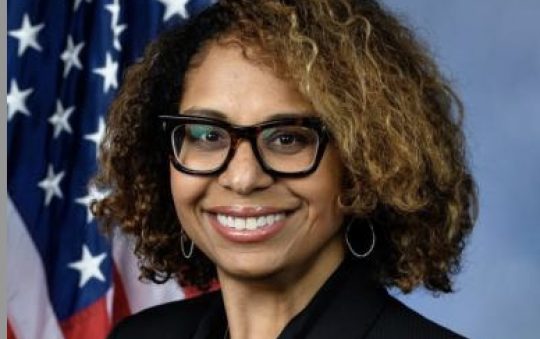
On Thursday October 1, a bipartisan group of Senators unveiled The Sentencing Reform and Corrections Act. The bill would lower costs in the federal prison system and reform sentencing for non-violent offenders.
Among the package of reforms, the bill reduces certain mandatory minimum sentences for drug offenders and gives judges increased discretion by expanding “safety valve” laws. Such efforts could potentially divert low-level offenders away from harsher punishments intended for the leaders and organizers of criminal conspiracies.
One immediate change that could benefit over 6,000 federal inmates is that the bill makes the 2010 FAIR Act retroactive, which means that offenders who were sentenced under older crack cocaine laws could ask for a reduced sentence if a judge determines they are no longer a threat to public safety.
Another bright spot in this bill is the focus on prisoner education and job training. This measure is intended to equip prisoners in the federal system to begin a new life without returning to crime.
The bill would establish automatic record sealing for juvenile offenders after they have completed their sentence if they have not committed any further crimes since the date of their original conviction.
In an effort to increase transparency and accountability, the bill requires the U.S. Attorney General to publish online a list of all criminal statutory offenses, the elements for those crimes, and the mental state requirements for each offense. The bill also requires the same from all U.S. regulatory agencies.
Generation Opportunity Senior Policy Analyst Jordan Richardson issued the following statement:
“While the bill is not a silver bullet to solve mass incarceration, it is a significant step forward. If passed, this legislation could help offenders in the federal prison population by providing job training and education to help close the revolving door of prison recidivism. Criminal justice reform has bipartisan support, and we look forward to both sides coming together to enact meaningful change.”





